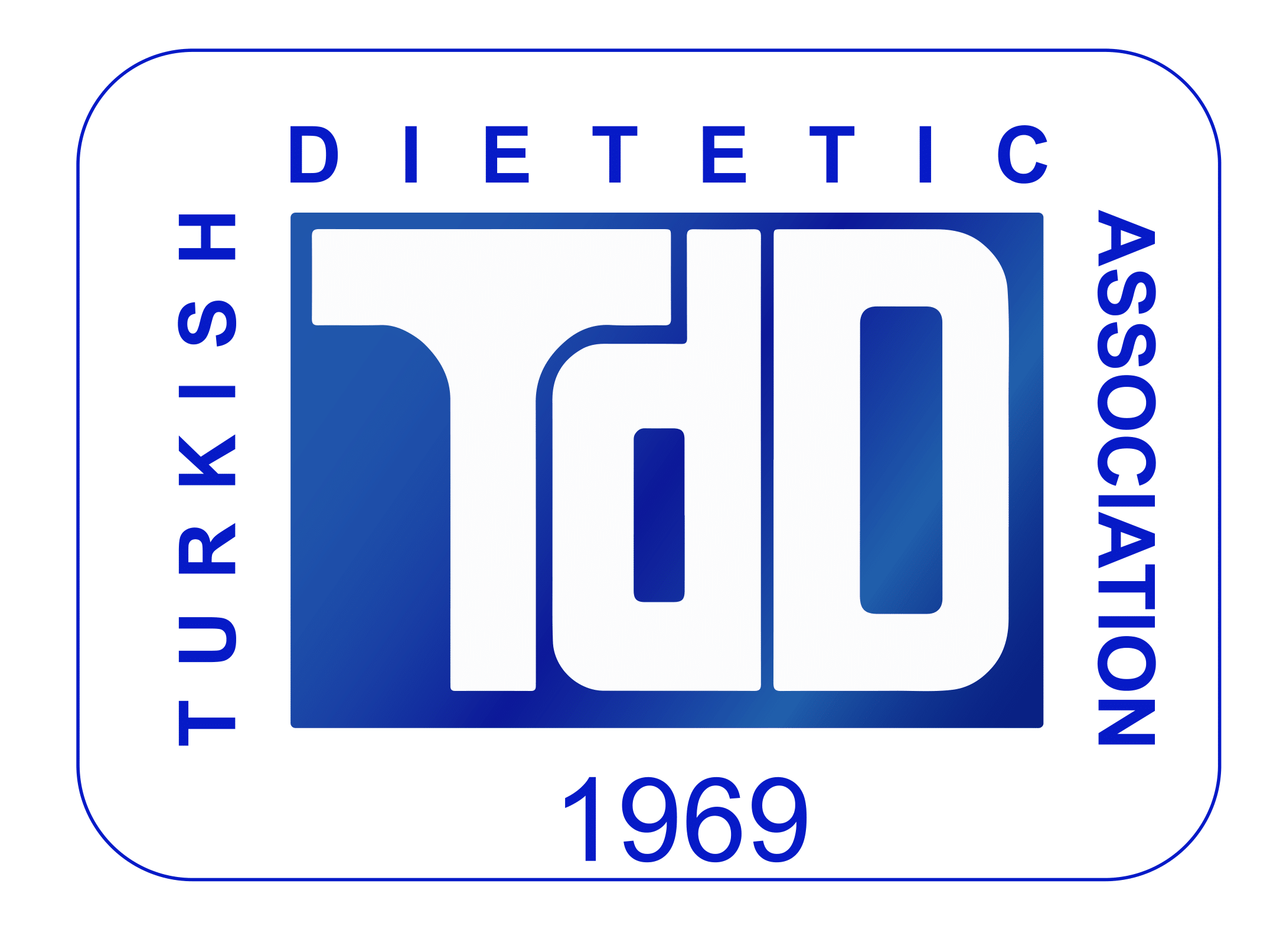The Role of Nutrition in the Management of Dyspepsia Symptoms
Keywords:
Dyspepsia, nutrition, diet, gastrointestinal diseaseAbstract
Dyspepsia is defined as “feeling of discomfort” in the abdomen and has symptoms such as fullness, early satiety, nausea, fatigue, bloating. Although the anatomical or pathophysiological cause of organic dyspepside complaints can be detected, organic, systemic and metabolic causes of functional dyspepsia can not been found. While physiological, genetic, environmental and psychological factors are effective in the pathogenesis of dyspepsia, dietary and lifestyle factors can also affect symptoms. Patients with dyspepsia associates consumption of many foods with disease complaints. As well as the content of consumed foods, the number and frequency of meals, speed of eating can affect symptoms. In the nutritional therapy of dyspepsia, reducing the fat content of diet, consuming well cooked and unseasoned foods, not taking too much liquid with meals, small and low energy density meals are important. Alternative ways such as FODMAP diet can be followed in nutritional therapy. It can be concluded that nutrition plays an important role both in pathophysiology and treatment of dyspepsia.

